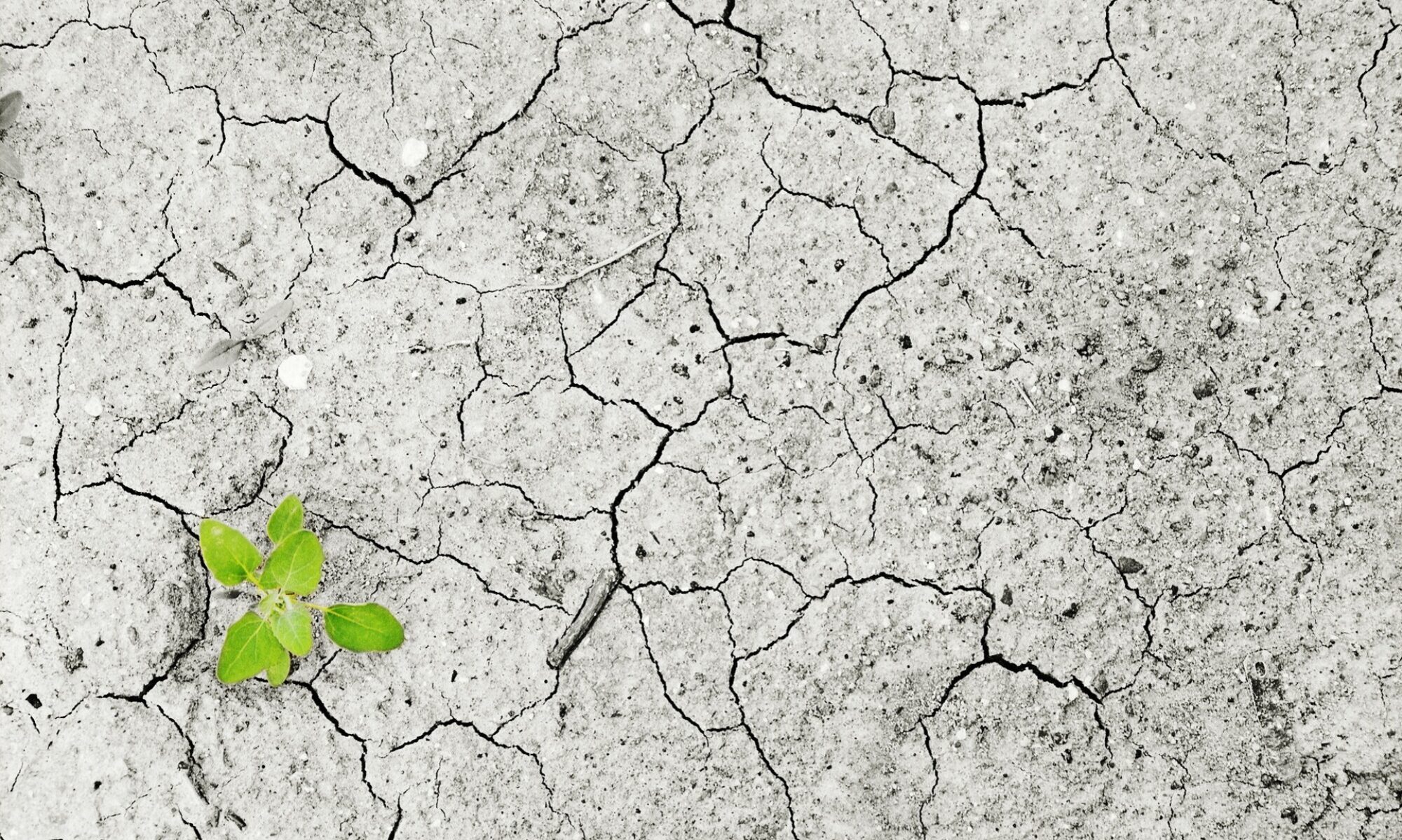02 August 2022 – by Earth Refuge Correspondent Samantha Chinyoka
In this interview, correspondent Samantha Chinyoka was speaking with Nyasha Turuza from Zimbabwe. Nyasha is a Researcher in Climate Change who holds a Master’s degree in Environmental Dynamics and Climate Change and a Bachelor’s degree in Environmental Studies.She has contributed to key research whilst working with the Environment Management, Renewable Energy and Climate Change (EMRECC) Research Center at the Harare Institute of Technology, Zimbabwe, and has also collaborated with Africa Rise Foundation on addressing the Sustainable Development Goals. At present she volunteers for Advocates4Earth, an organization that works on environmental and climate justice issues.
During the conversation, Nyasha shares her experiences and real testimonies of women and girls living in Zimbabwe that have been most affected by the impact of the brunt of climate change. She highlights the need to well-educate and conscientize the communities on climate change, especially those whose views on climate change are centered on their traditional beliefs.
“In the child-headed families the elderly girls end up working as sex workers just to provide
for their younger siblings due to food poverty in the drought seasons.”












